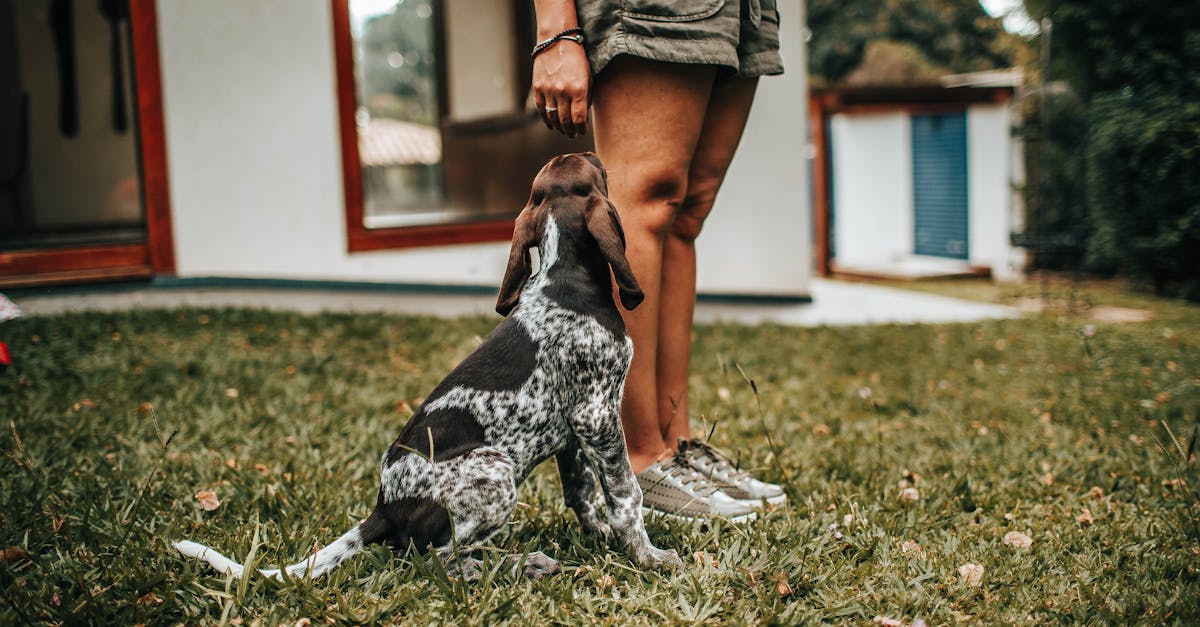It’s dinner time, and your cat eagerly rushes to their food bowl, scarfing down their meal in record time. Moments later, you’re cleaning up a puddle of vomit. Sound familiar? If your cat eats too fast and then vomits, you’re not alone—this is a common concern among pet owners. Let’s dive into why this happens and what you can do to help your feline friend.
⚠️ What to Watch For
When a cat eats too quickly, the most noticeable symptom is regurgitation. Unlike true vomiting, which involves abdominal contractions, regurgitation happens passively and often shortly after eating. Here’s what you might observe:
- Undigested food brought back up, often in a tubular shape
- Gagging or coughing while eating
- Eating frantically as if they’re starving
Frequent vomiting or regurgitation can lead to other health issues, such as dehydration, weight loss, or nutrient deficiencies. Monitoring your cat’s eating habits and identifying patterns can help you determine if this is a one-time issue or a recurring problem that needs attention.
🔍 Possible Causes
There are several reasons why cats eat too fast and vomit afterward. Understanding the root cause is key to addressing the problem effectively.
- Competitive eating: If you have multiple cats, one might eat too quickly to prevent others from getting their share.
- Hunger or stress: Cats that feel overly hungry or anxious may gulp their food down too quickly.
- Medical issues: Conditions like parasites, gastrointestinal problems, or even food allergies can make cats more likely to vomit after eating.
- Dry food: Some dry kibble expands in the stomach after being eaten, which can cause discomfort and regurgitation if consumed too quickly.
If your cat is vomiting frequently or showing other symptoms such as lethargy or diarrhea, a medical issue could be at play, and a vet visit is recommended.
✅ What You Can Do at Home
Thankfully, there are several simple strategies you can try at home to help your cat slow down their eating and reduce vomiting episodes.
- Use a slow feeder bowl: These bowls have ridges or compartments that make it harder for your cat to eat too quickly.
- Spread food out: Instead of placing food in a single pile, spread it out on a flat surface or use a baking sheet to slow them down.
- Offer smaller meals: Break up your cat’s daily food portion into multiple smaller meals throughout the day.
- Consider wet food: Wet food doesn’t expand in the stomach like dry kibble does, which may help reduce regurgitation.
- Feed in a quiet space: Reduce stress by feeding your cat in a calm, quiet area away from other pets or distractions.
These adjustments can make a big difference in how your cat eats and digests their food.
💡 When to Call a Vet
Occasional vomiting caused by eating too quickly is usually not a major concern, but there are times when you should seek veterinary advice. Contact your vet if:
- Your cat vomits multiple times in a single day
- Vomiting persists for more than 24 hours
- There are additional symptoms, such as diarrhea, lethargy, or weight loss
- You suspect an underlying medical condition, such as food allergies or a gastrointestinal issue
A vet can help rule out medical causes, recommend dietary changes, or provide treatment if necessary. If you’re unsure, it’s always better to err on the side of caution and consult a professional.
FAQs
Q: Why does my cat vomit after eating dry food?
A: Dry food can expand in the stomach, especially when eaten too quickly. This can lead to discomfort and regurgitation. Consider switching to wet food or using a slow feeder to help.
Q: Can eating too fast harm my cat?
A: While occasional vomiting from eating too fast is usually not harmful, frequent episodes can lead to dehydration, nutrient loss, or more serious health issues. Slowing your cat’s eating is important for their overall well-being.
Q: Should I be concerned if my cat vomits occasionally?
A: Occasional vomiting isn’t uncommon, but if it happens frequently or is accompanied by other symptoms like diarrhea or lethargy, consult your vet to rule out underlying issues.
Book a $49 online vet consultation at https://www.dialavet.com for fast, expert advice.























